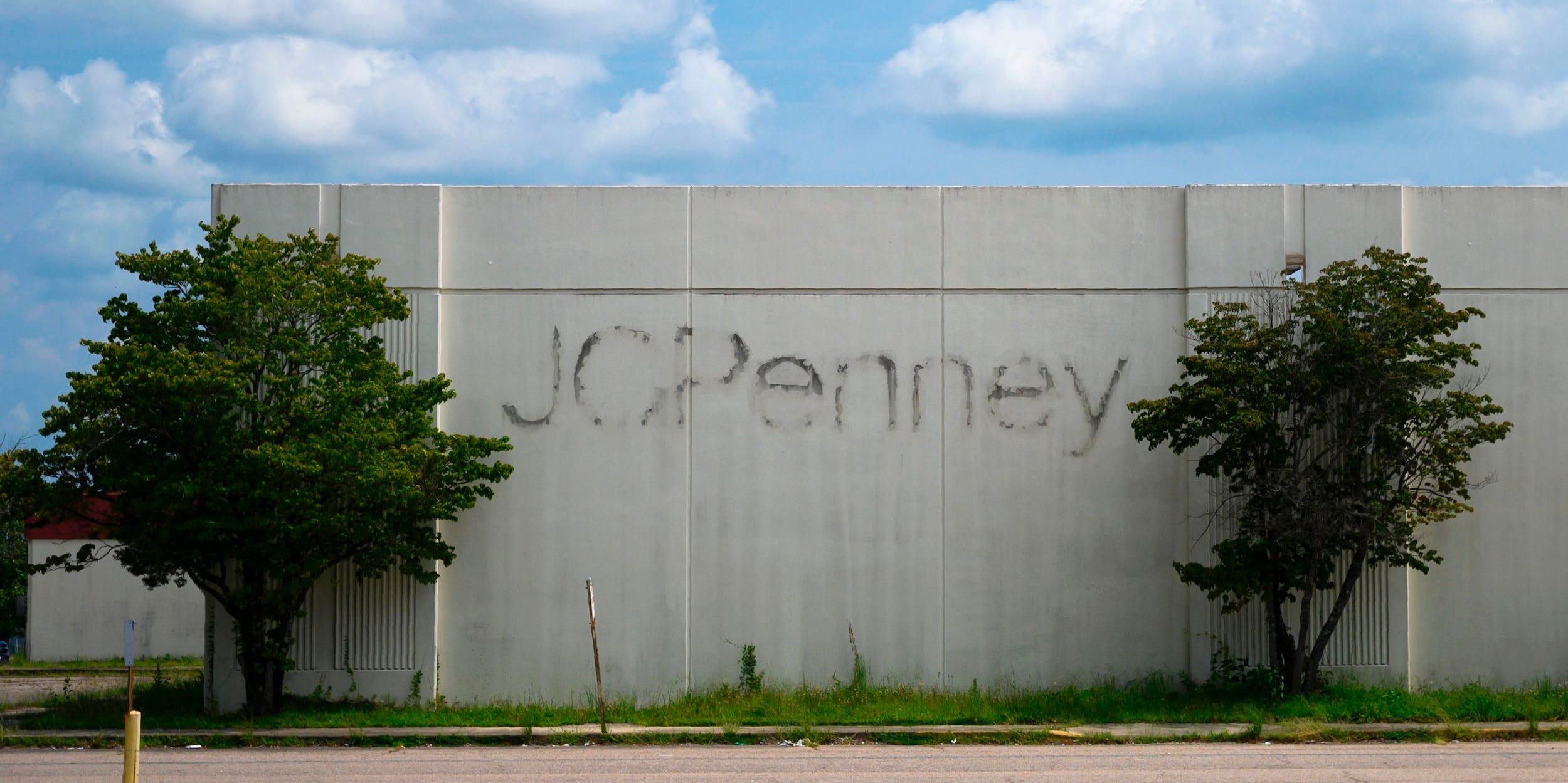Welcome to the year’s first edition of Retail Insider. We’ve made a New Year’s resolution to arrive earlier in your inbox in 2021, so that’s why you’re receiving this on Thursday. Now that this resolution has been publicly announced, we’ll surely stick to it, right?
Is your resolution to subscribe to more newsletters? We can help. If you haven’t already subscribed to this one, click here to get me, Gloria Dawson, senior editor of retail, and our associate editor, Danni Santana, in your inbox every week.
This week’s edition covers the infighting and egos that almost destroyed JCPenney after the retailer filed for bankruptcy. And we’ve got an interview with Newell’s CEO. Not familiar with Newell? Well, actually, you are. The company owns such brands as Crock-Pot, Mr. Coffee, Sharpie, and Rubbermaid. Behind these commonplace brands is a company that’s seen an unusual amount of turmoil.
Inside JCPenney’s messy 6-month bankruptcy saga that almost destroyed JCPenney’s future. Plus an interview with the judge who presided over it all.

ANDREW CABALLERO-REYNOLDS/AFP via Getty Images
When JCPenney filed for Chapter 11 bankruptcy on May 15, the retailer’s wild ride was just beginning. Our correspondent Madeline Stone offers a look at the roller-coaster hearings, tense negotiations, and claims of ‘emotional distress’ that put 60,000 jobs and the storied department store’s future on the line.
Also in department store demise news this week:
- Macy's is closing 45 stores in 2021, and some have already started liquidation sales.
How activist board members and an uncomfortable company marriage set Newell up to fail, but the pandemic helped turn things around

The CEO spot at Newell Brands was an unenviable position in 2019, writes our senior reporter Alex Bitter. And not just because the company doesn't have a very recognizable name. The brands the company owns are varied and ubiquitous, like Rubbermaid, Sharpie, Yankee Candle, and Oster blenders. But the company's woes - mismatched mergers and ousted execs - are pretty ubiquitous, too.
CEO Ravi Saligram was brought in to unify the company and his timing was rather perfect. Consumers flocked to the company's name-brand home goods during the pandemic. Now he's hoping to keep sales soaring while continuing to smooth things out with the board.
Elsewhere in Retail:
- Meet the 5 food tech startups offering restaurants profitable alternatives to DoorDash, Uber Eats, and Grubhub
- Pure Barre exec reveals how the ballet-inspired fitness company retained most of its members during lockdown - and increased subscribers by 44% after studios reopened
- Retailers are coping with $115 billion worth of returns after the holidays - but these 5 startups are making the process smoother and cheaper
- From being targeted for robbery to confrontational customers, 4 Amazon delivery drivers talk about what scares them during peak season
- Opinion: In 2020, big businesses got bigger and small businesses died. The vicious cycle won't stop until we take action.
